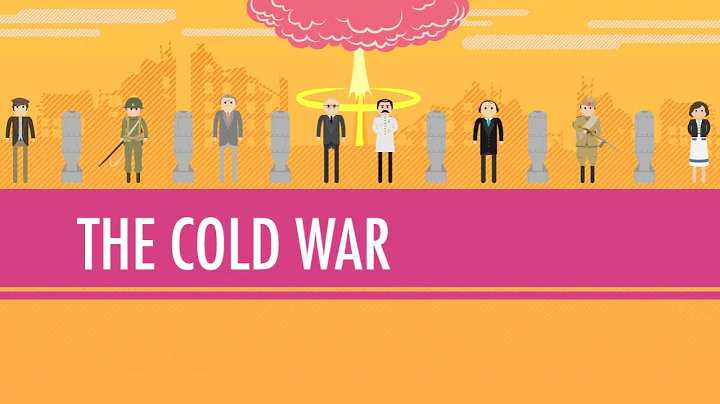Why does '$true -eq "string"' returns $true?
PowerShell will always evaluate using the type of the left-side argument. Since you have a boolean on the left PowerShell will try and cast "Hello" as a boolean for the purpose of evaluating with -eq.
So in your case "hello" is converted to a boolean value [bool]"hello" which would evaluate to True since it is not a zero length string. You would see similar behavior if you did the opposite.
PS C:\> "hello" -eq $true
False
PS C:\> [bool]"hello" -eq $true
True
In the first case $true is converted to a string "true" which does not equal "hello" hence false. In the second case we cast "hello" to boolean so the -eq will compare boolean values. For reasons mentioned about this evaluates to True.
Another good explanation comes from this answer which might get your question flagged as a duplicate: Why is $false -eq "" true?
Related videos on Youtube
Patrick
Updated on September 14, 2022Comments
-
 Patrick over 1 year
Patrick over 1 yearIn powerShell you compare a boolean with a string with the "-eq" operator it will always return the same boolean as I used to compare.
E.g.
$shouldBeFalse = $true -eq "hello" $shouldBeTrue = $false -eq "hello"The variable $shouldBeFalse is $true. The variable $shouldBeTrue is $false.
I had to use the "Equals" method:
$shouldBeFalse = $true.Equals("hello")In this case $shouldBeFalse is $false.
But why returns the -eq operator with boolean these kind of results?







![Lisa "There's a bug here.. I don't want to kill it" 😂 [The Real Men 300 Ep 6]](https://i.ytimg.com/vi/nm5qFFOJPTc/hq720.jpg?sqp=-oaymwEcCNAFEJQDSFXyq4qpAw4IARUAAIhCGAFwAcABBg==&rs=AOn4CLAZllwFEcLcrKg3ScjO3Z3Iingv0w)






![True Detective - Rust talks about Religion ("What's the IQ of these people?") {Full Scene} [HD]](https://i.ytimg.com/vi/_RfUj09pWfM/hq720.jpg?sqp=-oaymwEcCNAFEJQDSFXyq4qpAw4IARUAAIhCGAFwAcABBg==&rs=AOn4CLBCB4UbamWVHT-Vo14-06j1wbq-Ng)
